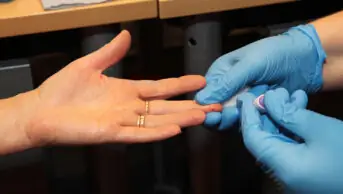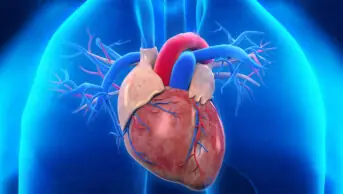
Shutterstock.com
A low-intensity psychological intervention did not improve physical activity and weight loss in people at high risk of cardiovascular disease (CVD) events, a study published in Heart (12 December 2019) has shown[1]
.
The trial involved patients aged 40–74 years with a 20% or greater risk of a CVD event in the next 10 years. Patients were randomly assigned to one of three arms: ten sessions of group motivational interviewing (n=697), ten sessions of individual motivational interviewing (n=523) or usual care (n=522) over one year. Usual care involved community-based weight loss, smoking cessation and exercise programmes.
At 24 months, there were no significant differences between the intervention groups and the usual care group for any of the outcomes, including in physical activity (steps per day), weight loss, or secondary outcomes, such as low-density lipoprotein cholesterol levels and CVD risk score.
The motivational interviewing technique aimed to address cognitive barriers to dietary and lifestyle changes to increase an individual’s intentions to change, but did not prescribe a diet or physical activity programme.
The researchers said their results indicated that a low-intensity psychological intervention may be ineffective in reducing CVD risk in people at high risk when applied to the general population.
“We may need to consider more intensive approaches to supporting lifestyle change in those most at risk of CVD,” they concluded.
References
[1] Ismail K, Bayley A, Twist K et al. Heart 2019; In press. doi: 10.1136/heartjnl-2019-315656


